A Guide On How To Feed Ducks
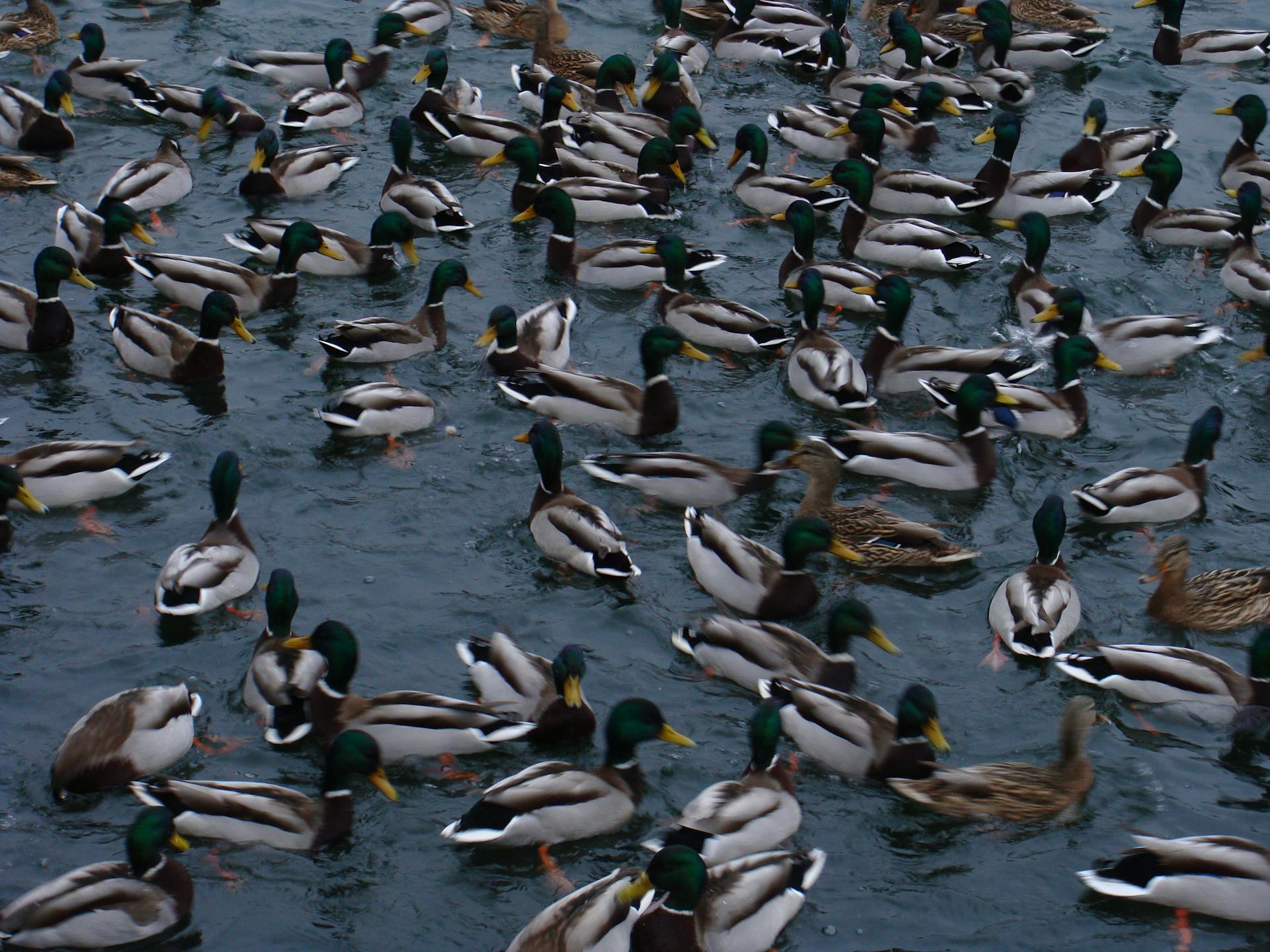
Is it ok to feed bread to ducks?
Depends on the food
Feeding bread to ducks, whilst a common practice, is actually inadvisable due to its lack of nutritional value. Bread does not provide the necessary nutrients required for a duck's healthy development. Offering bread can lead to malnourishment and deficiencies in their diet.
Furthermore, excessive consumption of bread can cause obesity in ducks, as well as a condition known as "angel wing." This wing deformity inhibits their ability to fly, significantly impacting their wellbeing.
There are also environmental implications to consider. Leftover bread in waterways contributes to pollution, fostering the growth of algae, which can be detrimental to aquatic ecosystems. This in turn affects the fish and other wildlife that inhabit these waters.
Moreover, bread can attract unwanted pests like rats, which poses additional environmental challenges. On a behavioural note, regular feeding of ducks with bread can lead to dependency on humans for sustenance, disrupting their innate foraging instincts and potentially affecting migration patterns.
What foods can be fed to ducks?
There are much healthier foods that you can feed ducks, including cracked corn, oats (either rolled or instant), rice (whether cooked or uncooked), defrosted peas or corn, birdseed, chopped lettuce or other greens, and mealworms are all excellent choices.
These provide greater nutritional benefits and are safer for the ducks' digestive systems. It's also paramount to feed them in moderation, to encourage natural foraging behaviours and to prevent issues such as overpopulation and crowding at feeding locations.
Here, we run through the various foods that you can feed ducks:
Corn
Ducks may be fed dried cracked corn, fresh corn cut from the cob, and frozen sweetcorn kernels. Do not feed ducks maize near a pond with fish, as it is difficult for them to digest. If you wish to feed ducks canned sweetcorn, verify the salt and sugar content.
Oats
Uncooked steel-cut or rolled porridge oats are an excellent bread substitute. In addition to wheat, barley, and millet, you may also feed ducks bird seed mixtures and sunflower hearts and seeds. Both cooked and uncooked rice is good.
Vegetables
You can feed ducks vegetable scraps such as peelings, root vegetable tops, and tails that you would otherwise discard. In addition, they will consume peas, zucchini, lettuce, cucumber, beans, cabbage, and broccoli. Before feeding ducks vegetables, chop them up into small pieces.
Fruit
Grapes that have been halved and deseeded are a favourite of ducks, as are raisins. They will also like tiny portions of berries, melons, apples, pears, peaches, and bananas.
Mealworms
Mealworms are a high-protein food item that all waterfowl will like. Protein is essential throughout the year, especially during breeding and winter.
What Do Wild Ducks Consume?
Wild ducks consume grasses, earthworms, snails, water plants, small fish, and other accessible foods in their habitat. Wild ducks also consume grains, but only in their natural, unprocessed form, and never as flour or bread.
Can You Feed Cheerios to Ducks?
Because they include sugar, brown sugar syrup, salt, and preservatives, ducks, geese, and other birds should not eat an original, honey nut, cinnamon, or multi-grain Cheerios.
Can ducks consume poultry feed?
It is acceptable to feed ducks chicken food. However, ducks, and especially ducklings, require a more significant amount of niacin than chicken feed supplies. Therefore, sprinkle nutritional yeast on duck feed and provide niacin-rich foods such as peas, raw or cooked sweet potatoes, and pumpkin to ensure that ducks receive the necessary amount of niacin.
A nutritionally complete food for wild birds
Try our Duck and Swan seed
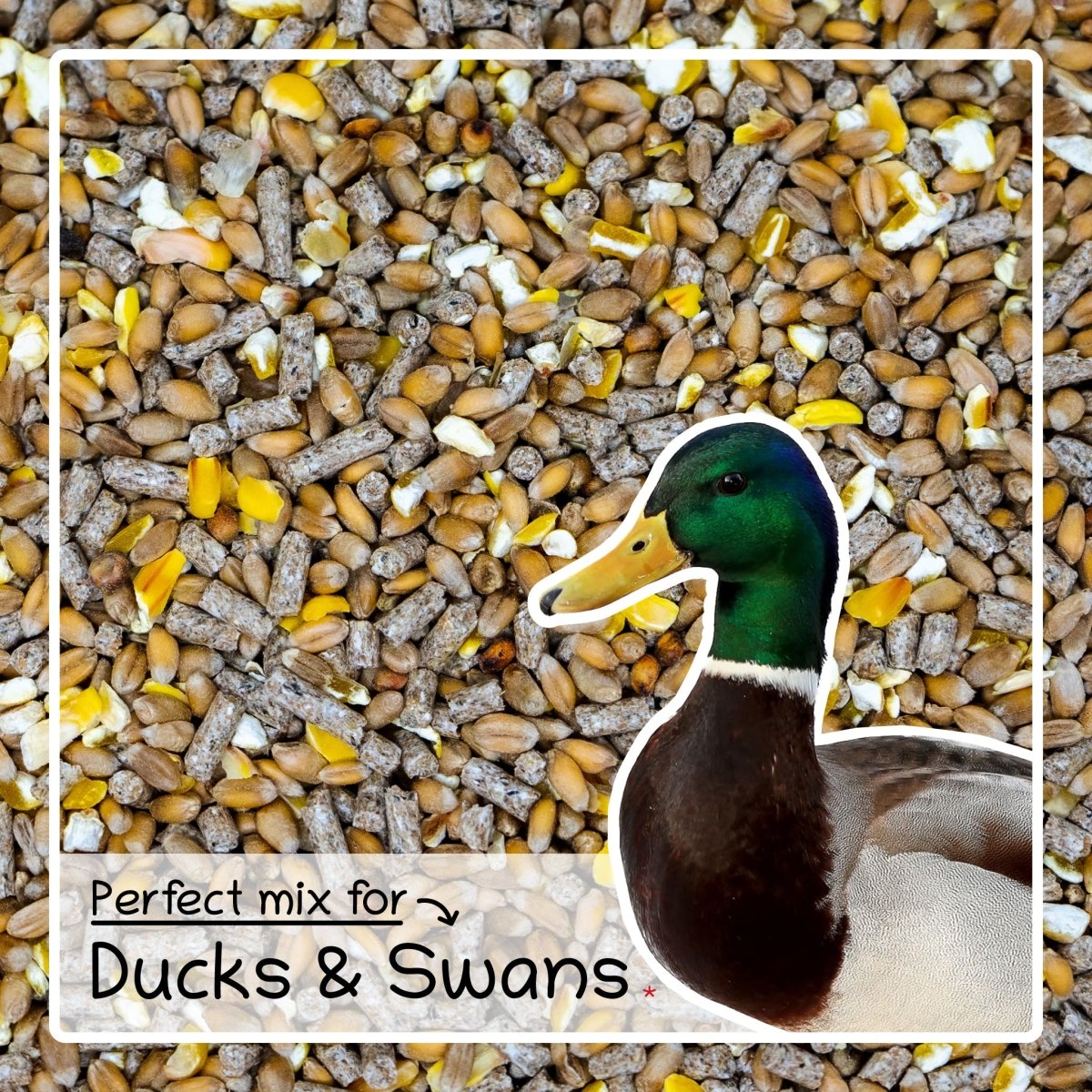
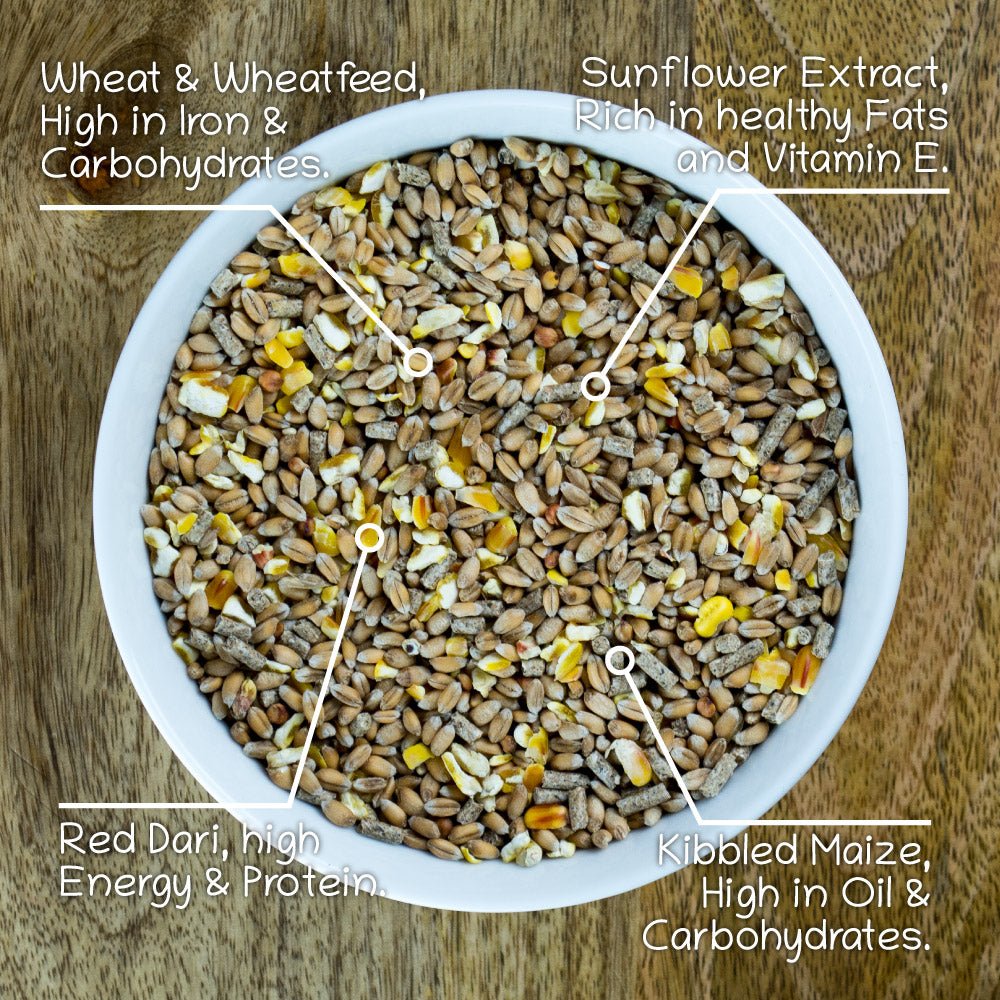
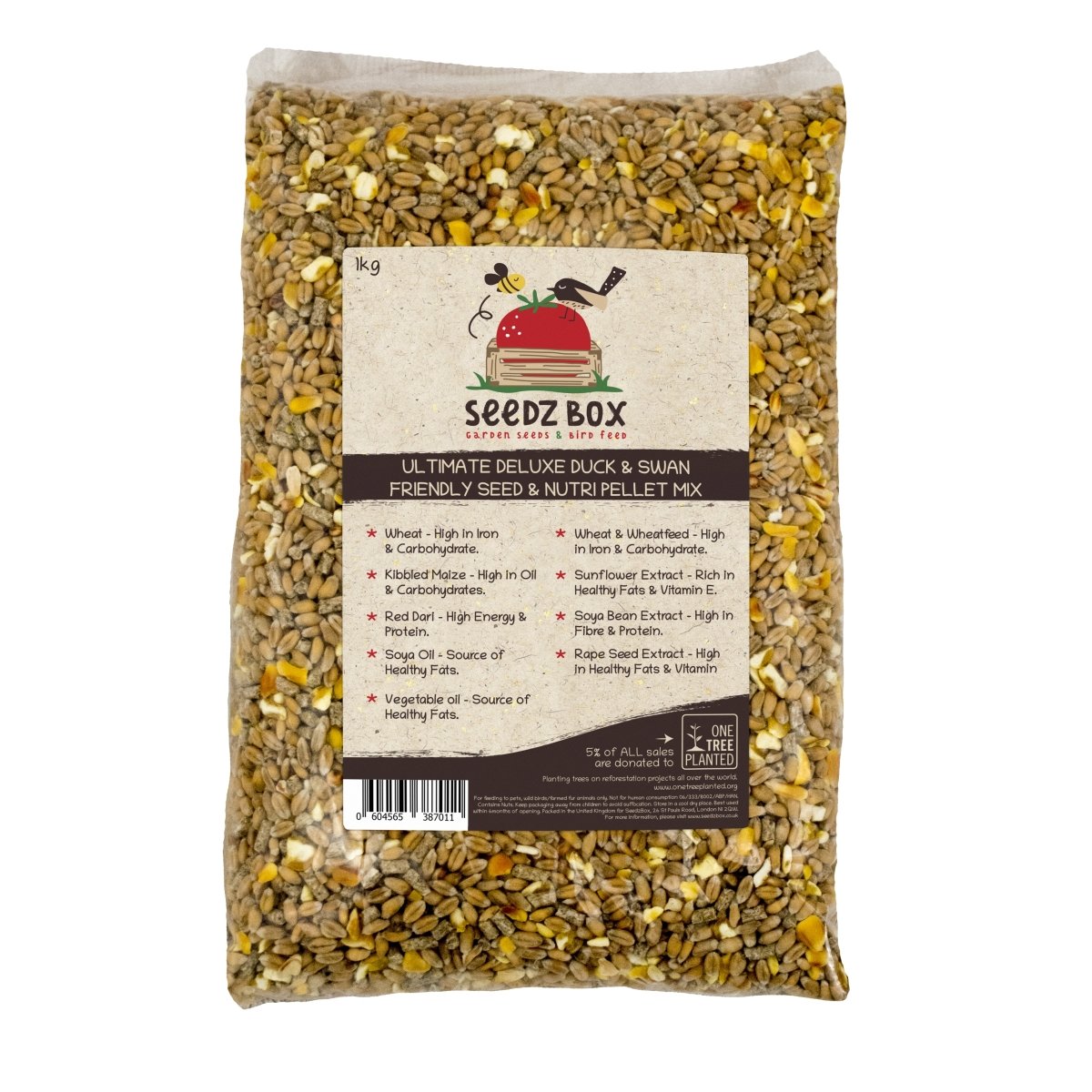
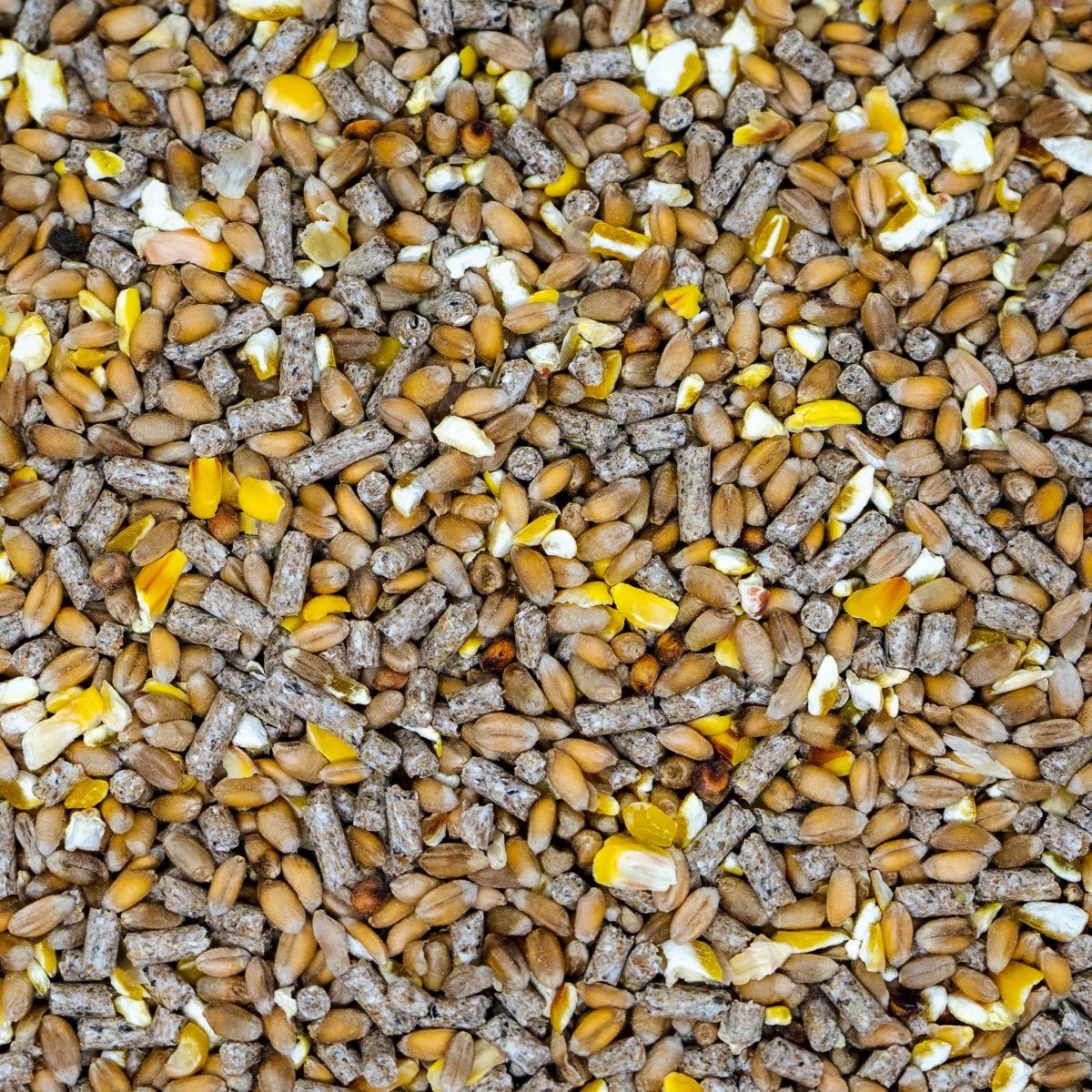


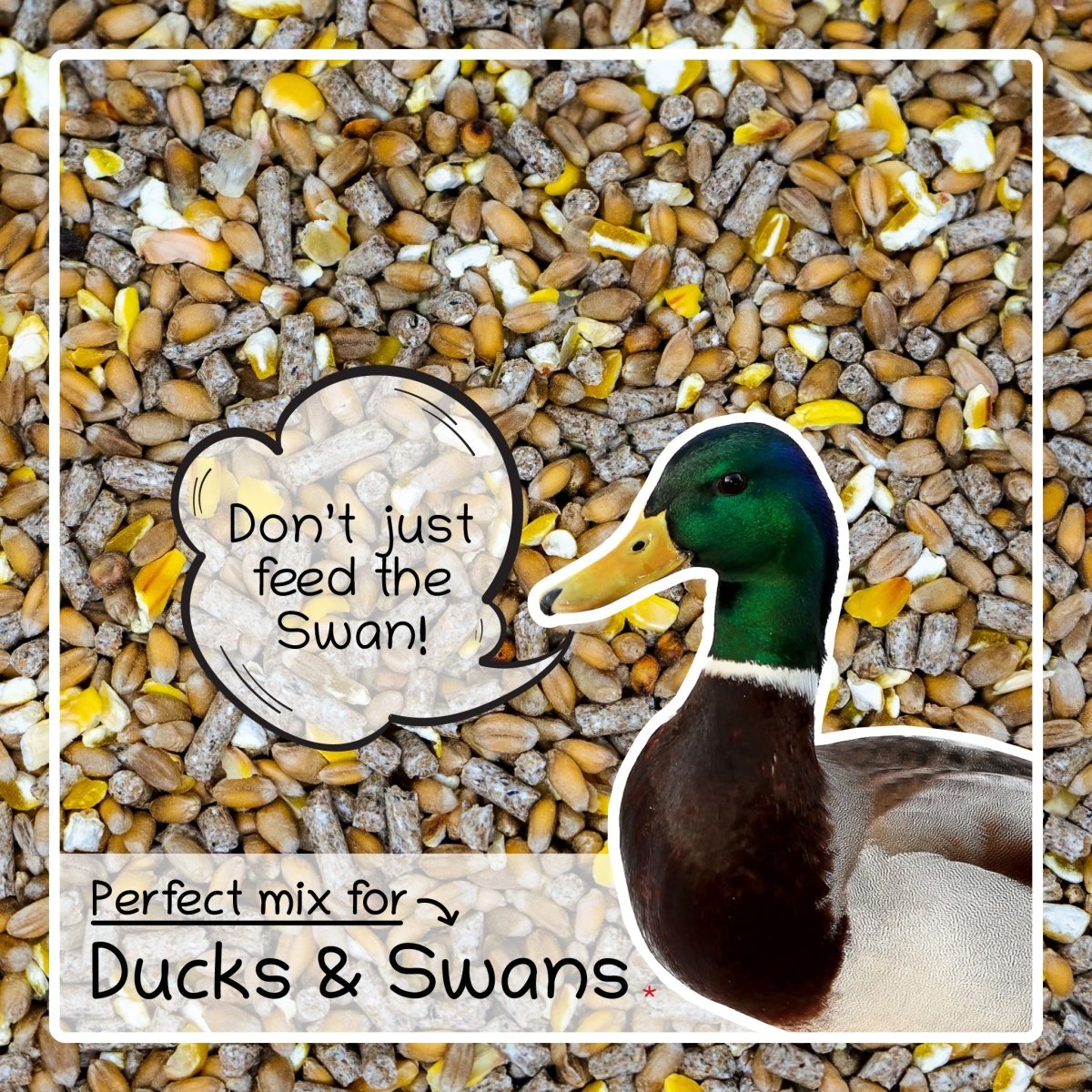

Premium Ingredients:
Wheat, Kibbled Maize, Sunflower Extract, Soybean Bean Extract, Rapeseed Extract.
Description:
SeedzBox's Ultimate Deluxe Duck & Swan Seed & Nutri Pellet Mix is a 1kg blend formulated specifically for swans, ducks, and geese. This mix includes Wheat, Kibbled Maize, Sunflower Extract, Soybean Bean Extract, and Rapeseed Extract, each chosen for their health benefits.
This blend provides a balanced and varied diet with essential carbohydrates, fibre, proteins, fats, and Vitamin E, appealing to even the most selective pond dwellers. SeedzBox's commitment to using premium grains and seeds without fillers or bulking powders ensures a pure and beneficial diet for these waterfowl.
5% of all sales are donated to One Tree Planted, an NGO that plants trees with reforestation projects all over the world. With your help, Seedzbox has donated over 50,000 trees since 2020.
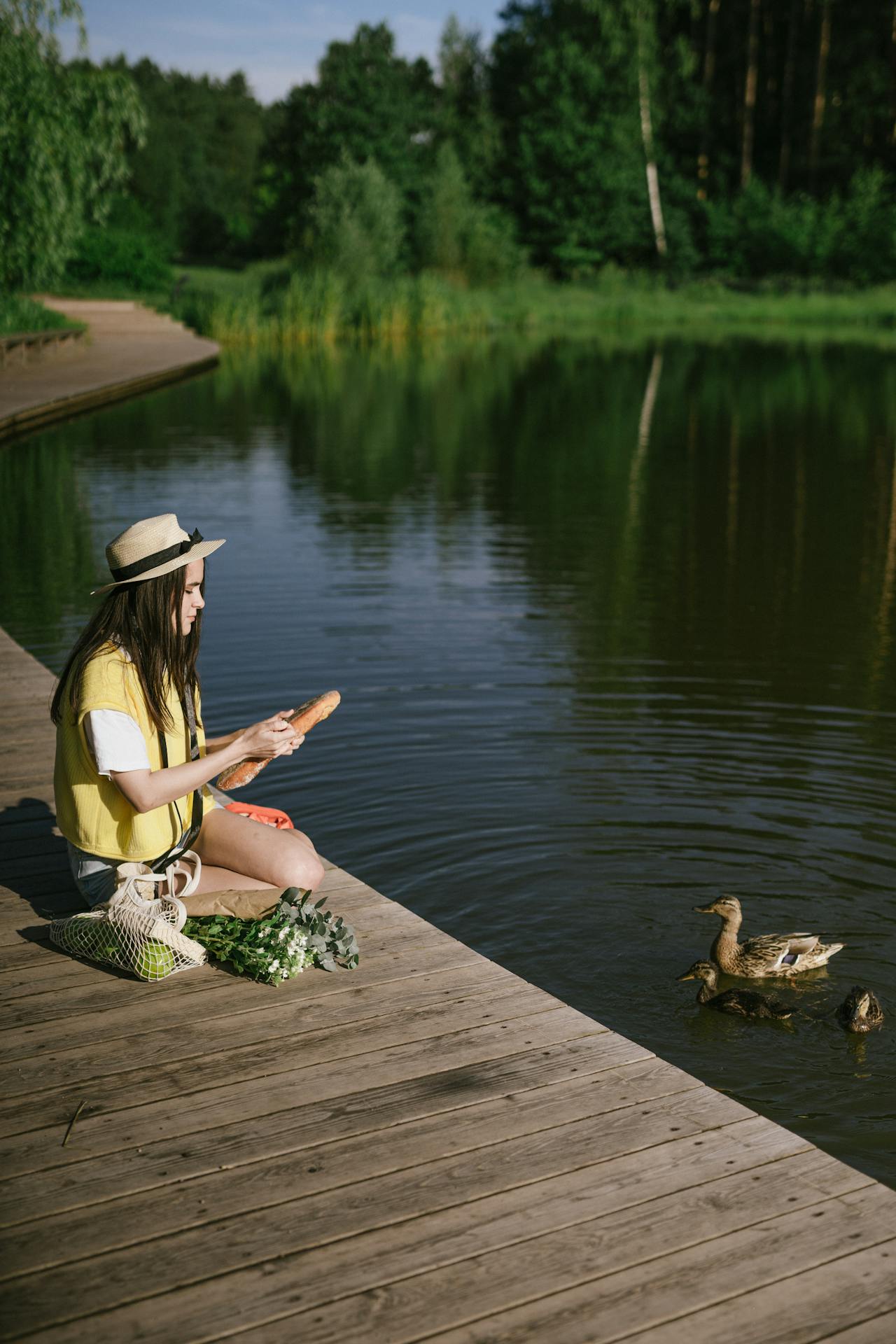
Tips on Feeding Ducks
Seedzbox Feed
If you wish to feed ducks and other waterfowl in nearby ponds, here are some tips and tricks:
- Stop feeding ducks if they show disinterested in the food or leave it uneaten. Unconsumed food can quickly decay and attract rats.
- Refrain from feeding the ducks if other people are already doing so because an abundance of food might result in health issues and uneaten leftovers.
- Ducks have no teeth, so only offer meals in bite-sized bits that birds can ingest without choking or difficulty.
- Be aware of that other bigger birds can be attracted to your duck food, such as swans and geese and they can be aggressive.
- Litter can harm birds and the environment; carefully dispose of any waste, including bags, twist ties, plastic clips, and any inappropriate or mouldy pieces.
- Pets and children are not permitted to chase or disturb ducks, especially young birds or families. It can cause stress or damage to birds (you and the birds).
- Comply with municipal restrictions that restrict or prohibit feeding ducks and other waterfowl. If you violate the law, you may be subject to fines or other penalties.
Seedz Box Duck Food
Ultimate Deluxe Duck & Swan Food Feed Mix rations typically contain a healthy balance of nutrients. In addition, their components typically have no adverse impact on the birds who consume them.
Therefore, it is no surprise that their duck pellets are on our list. This meal, like all other Ultimate Deluxe Duck & Swan Food Feed Mix, has no antibiotics or other substances that could be harmful to your ducks.
It will be easier for you to improve egg production from the ducks if you provide them with a balanced diet. The available high-quality protein will not only ensure that the ducks are healthy and robust, but it will also boost their output.
This duck chow does not contain any medicinal compounds. However, it does contain probiotics that boost the duck's immunity to sickness. Additionally, probiotics will aid with digestion and increase egg production.
If you are looking for a high-quality food feed mix that will give your ducks and swans the nutrition they need, look no further than Deluxe Duck & Swan Food Feed Mix. This mix is made with natural ingredients and will help to keep your feathered friends healthy and happy.
Conclusion
Duck food is a great way to add excitement and variety to your bird feeder. Not only are ducks fascinating creatures in and of themselves, but they also tend to eat a wide variety of things, which means you can provide them with the nutrients they need without worrying about filling their diet with harmful ingredients.
You can also purchase duck and swan food that has been developed specifically for waterfowl from Seedzbox, so there's no reason not to try it!
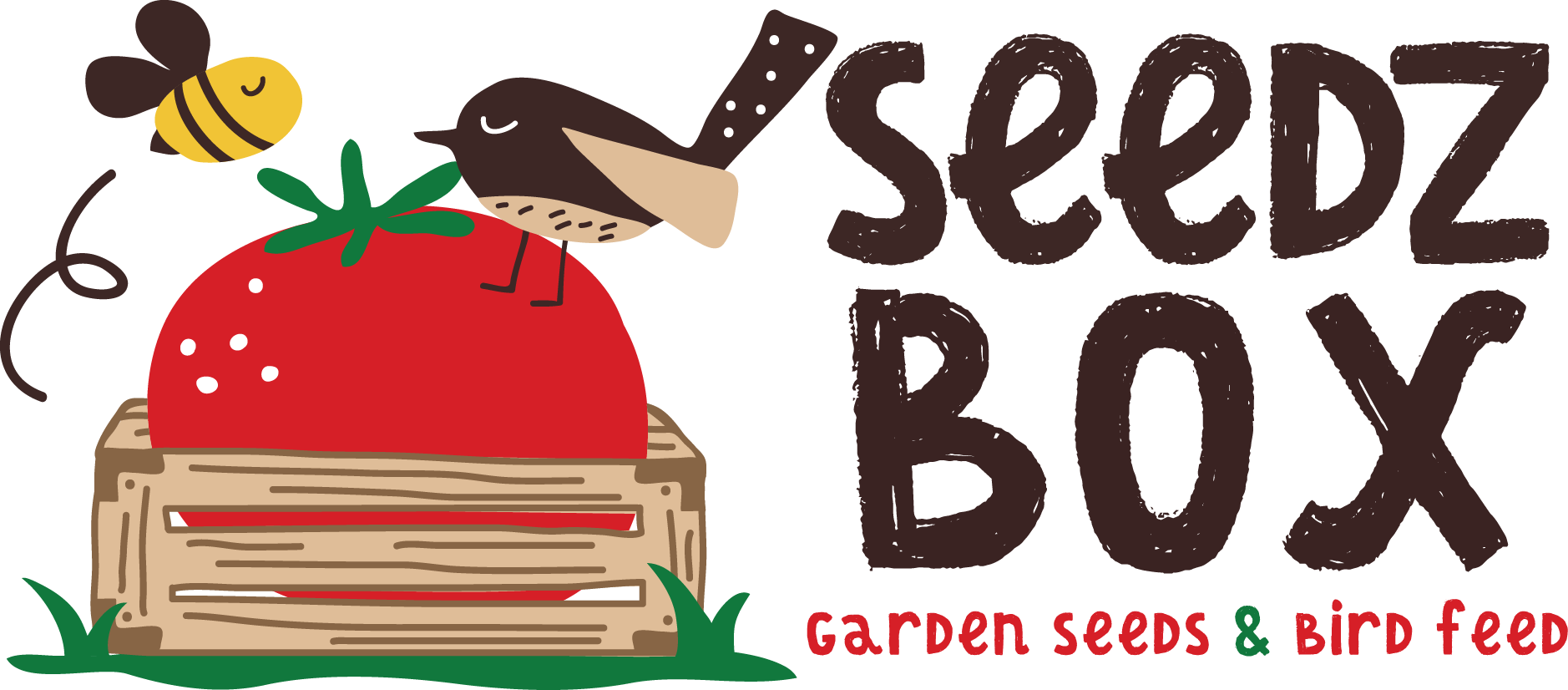

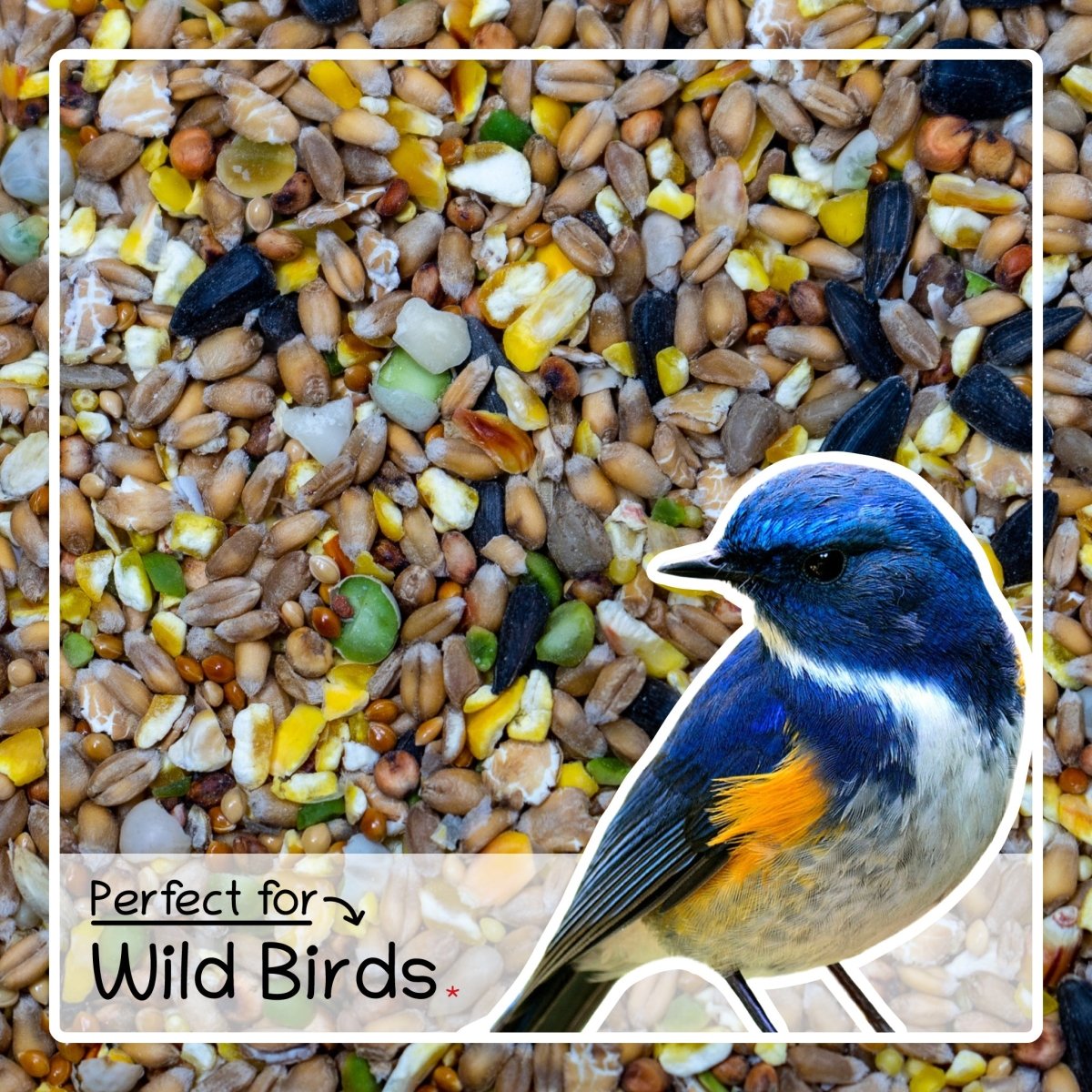
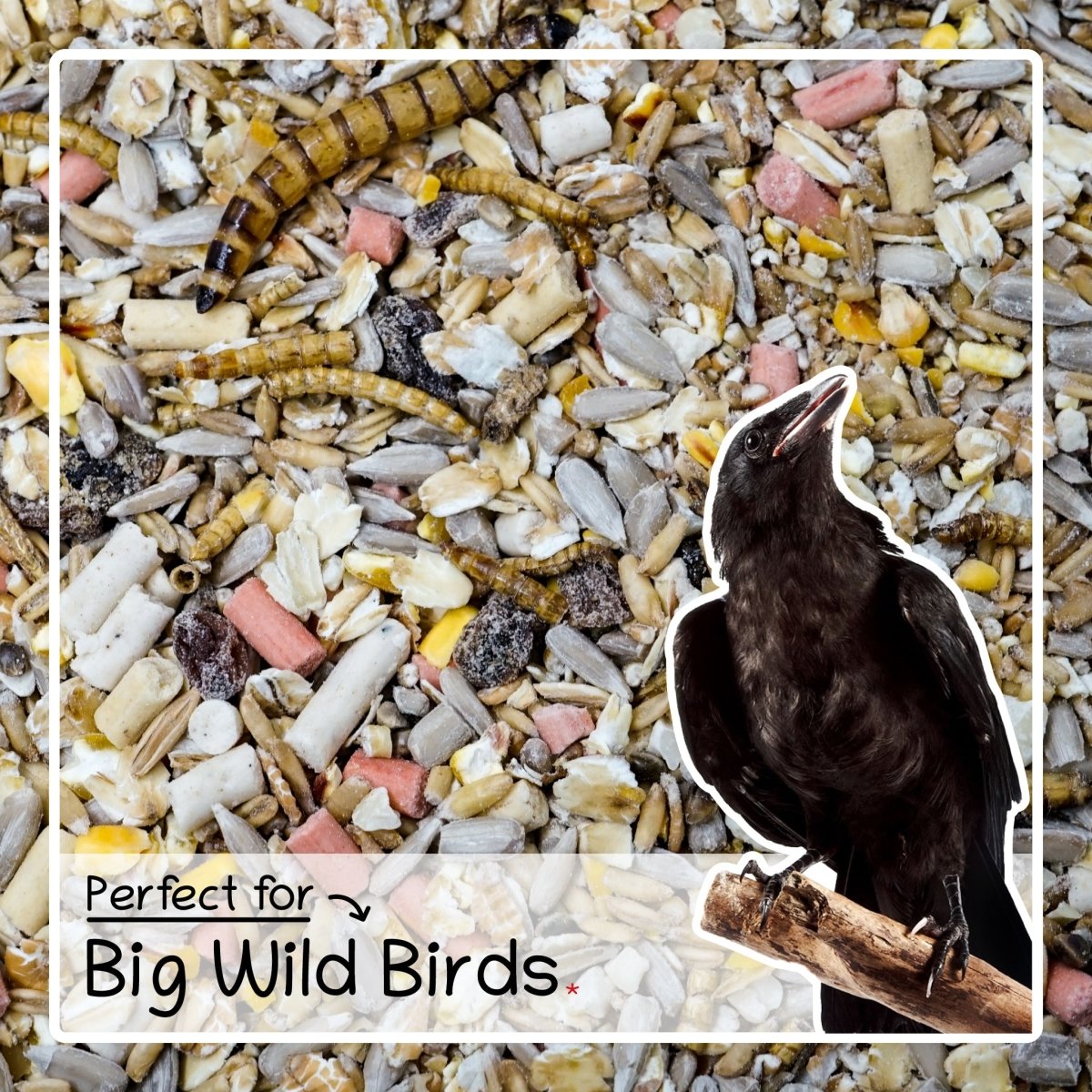
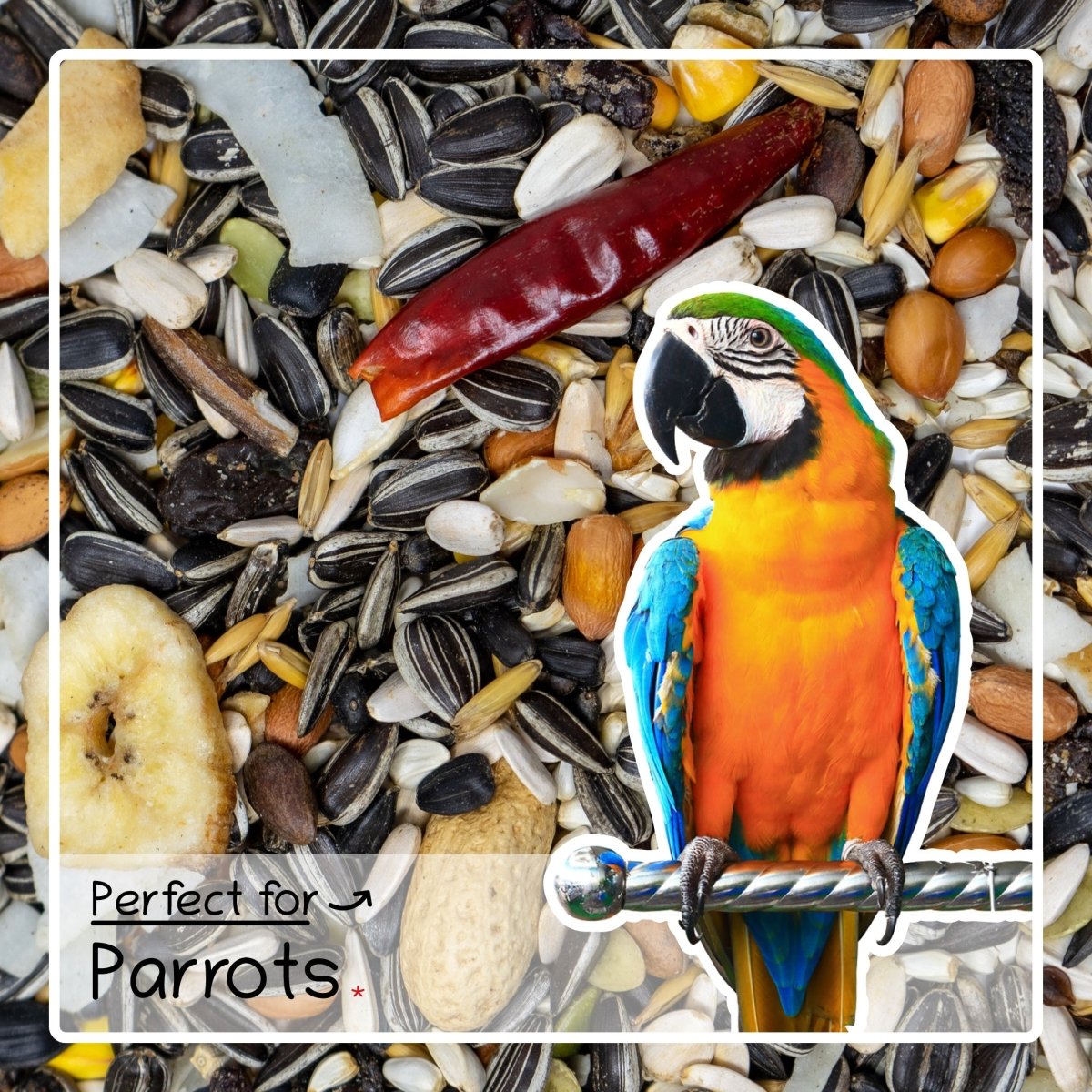
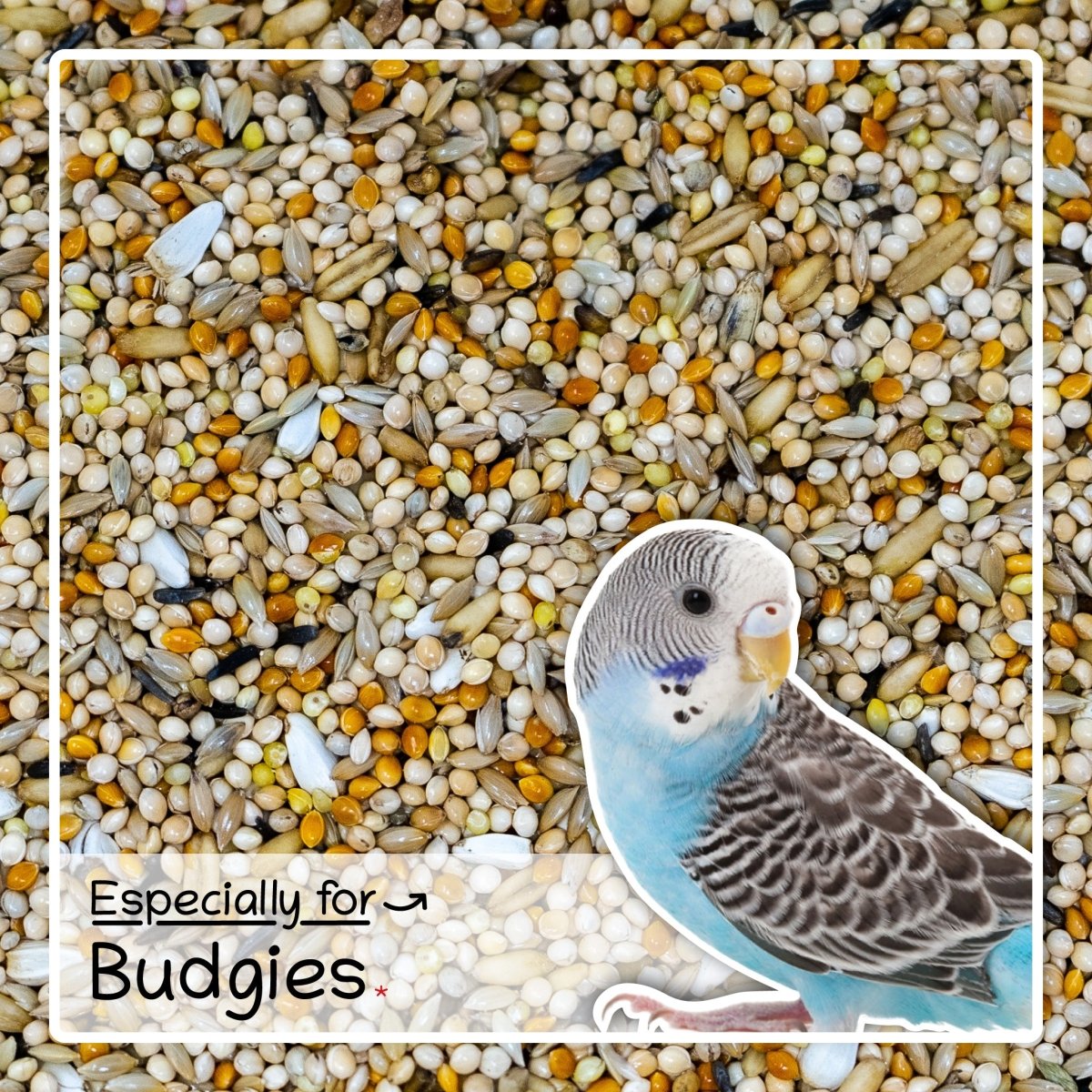
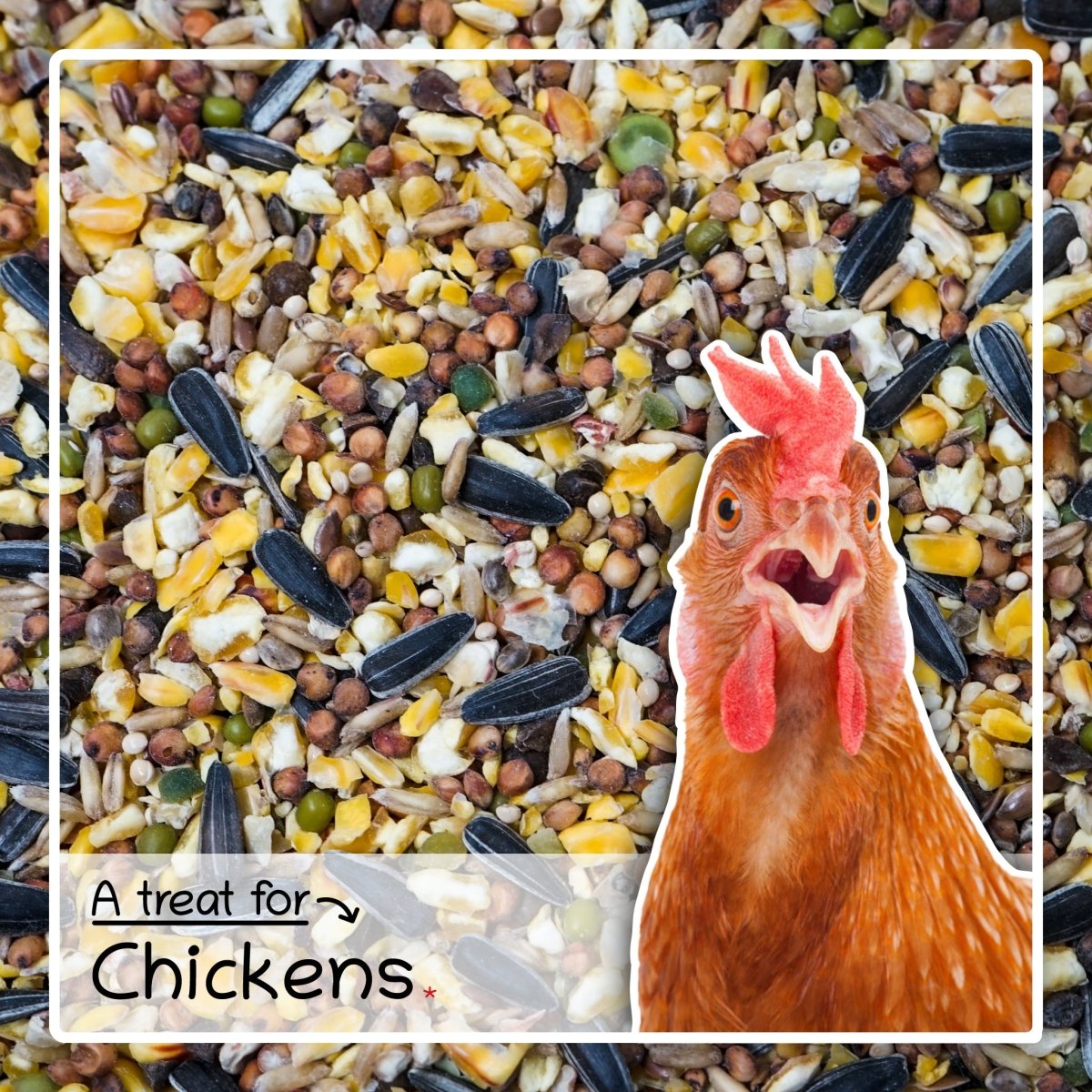
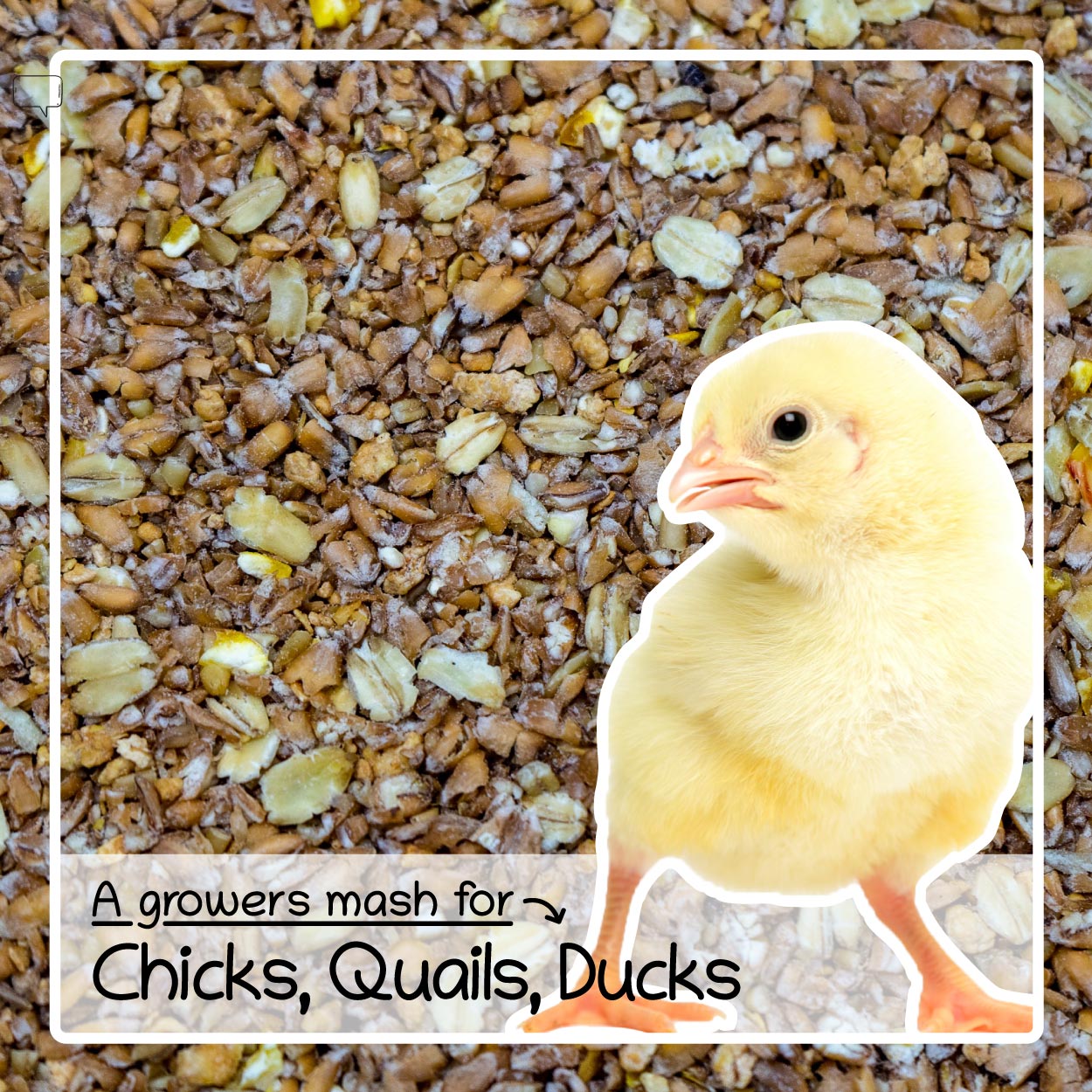
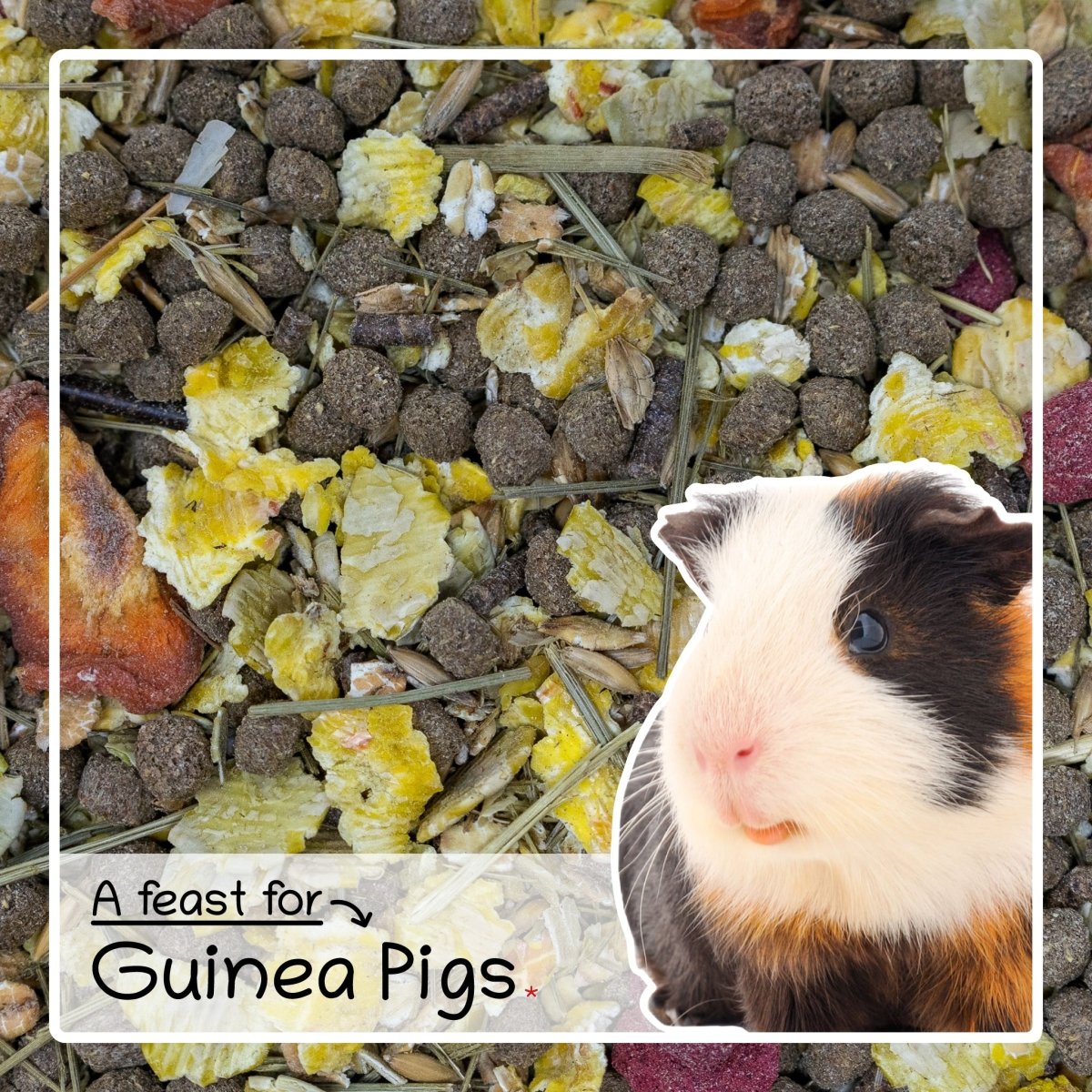
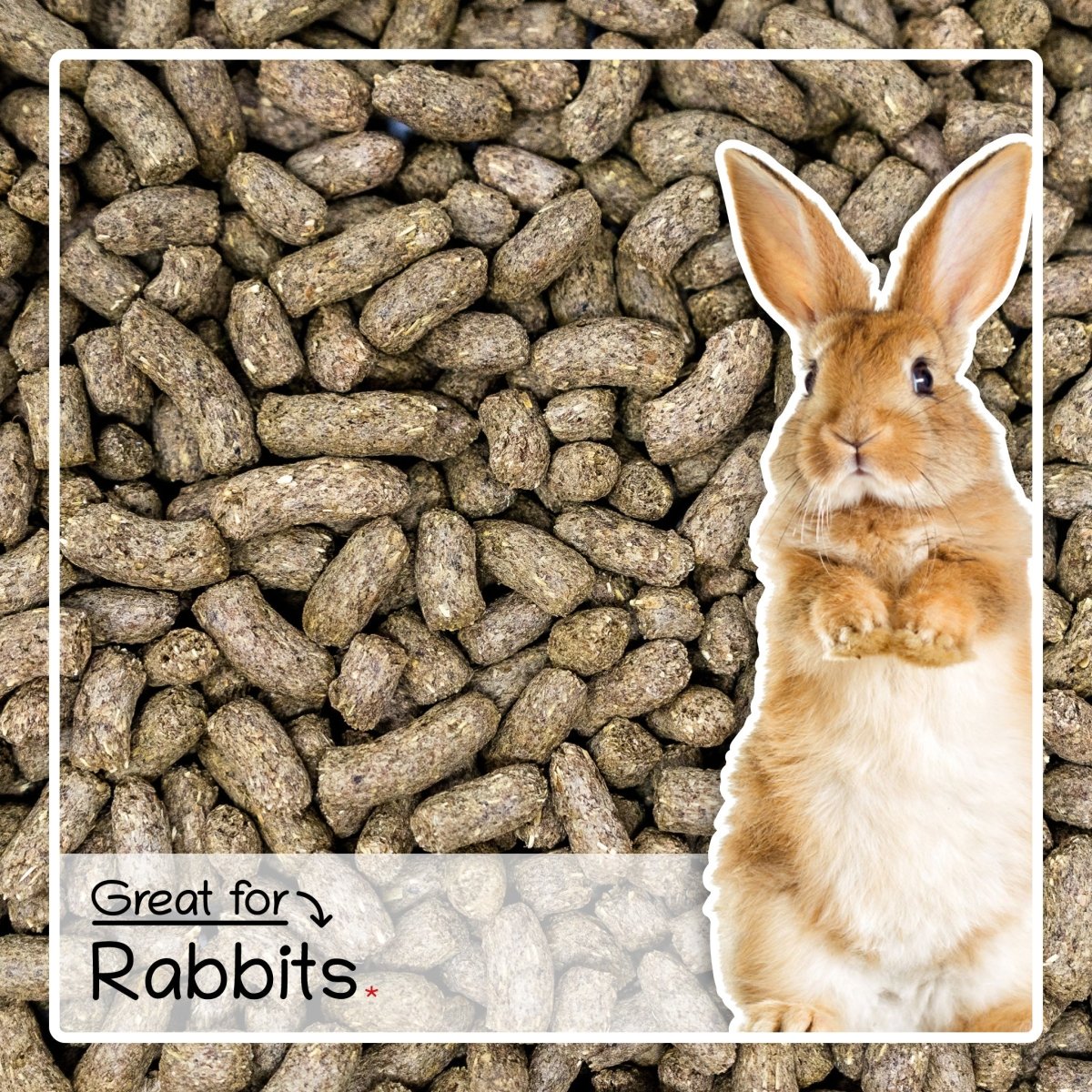
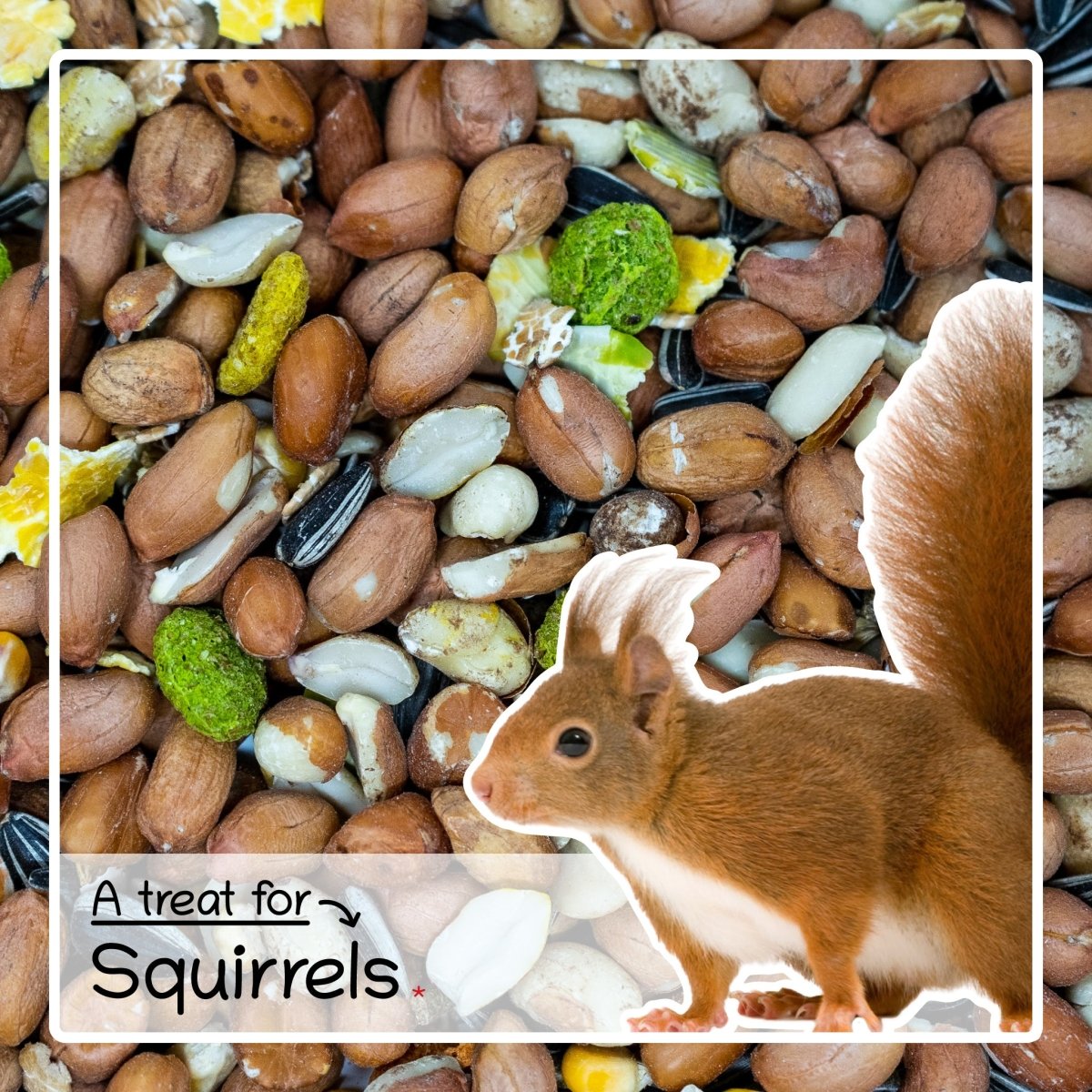


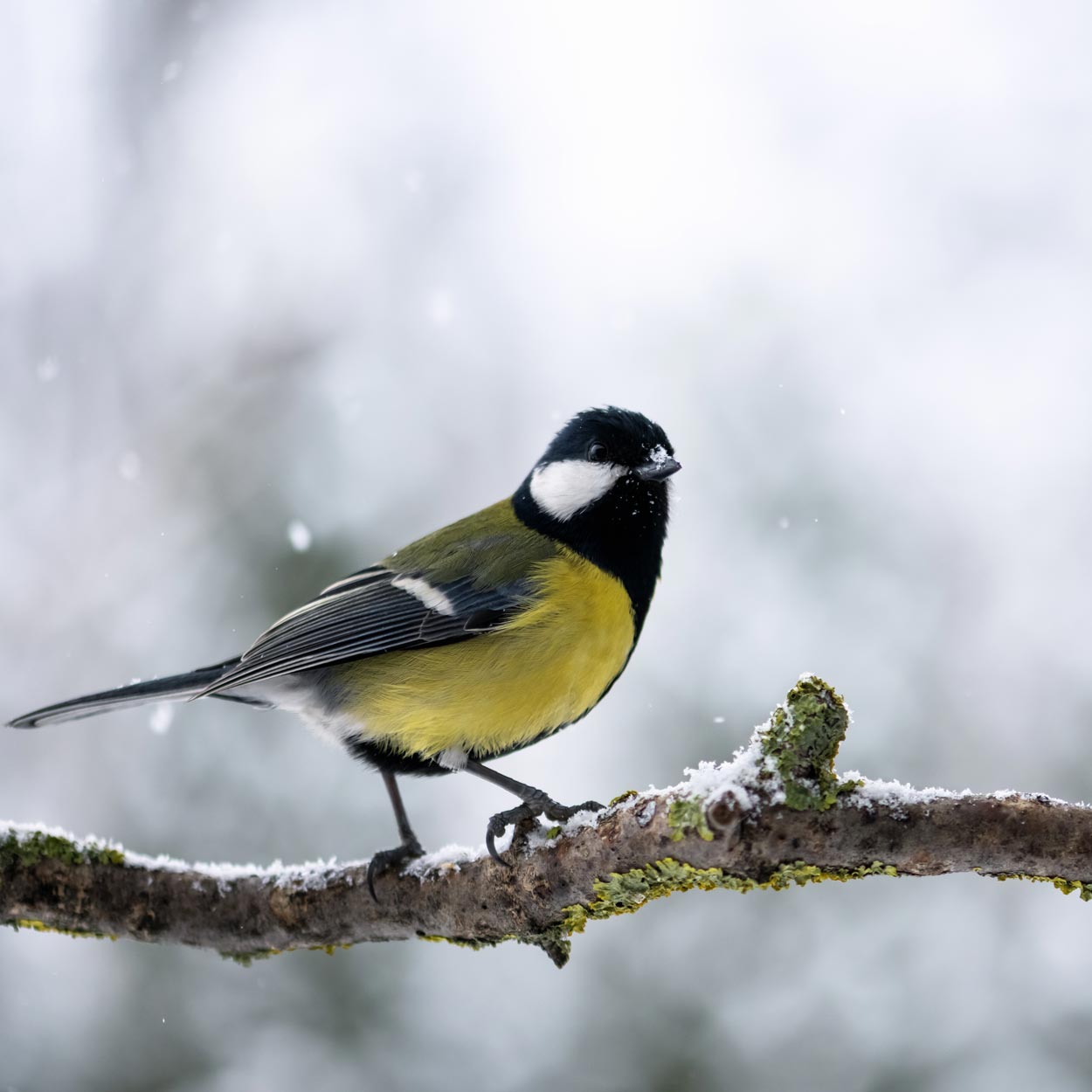
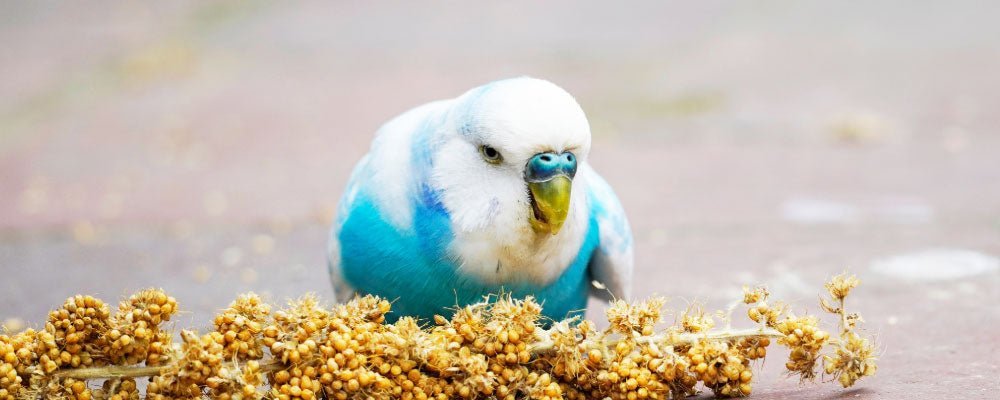
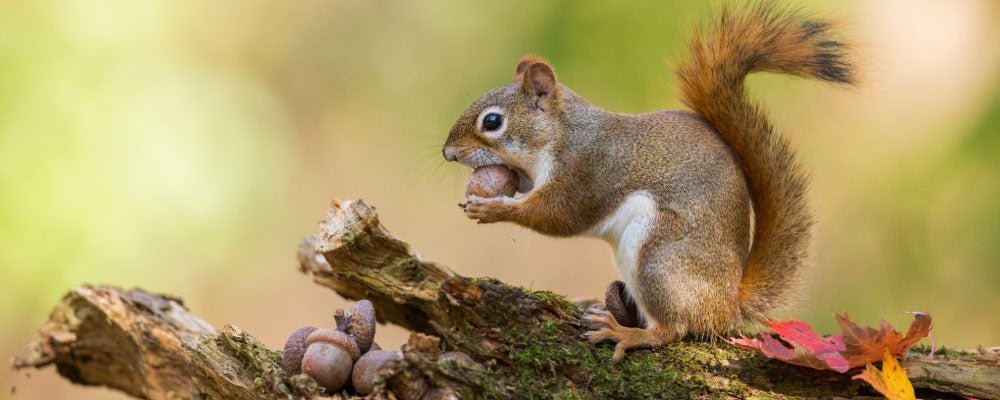
Leave a comment
This site is protected by hCaptcha and the hCaptcha Privacy Policy and Terms of Service apply.